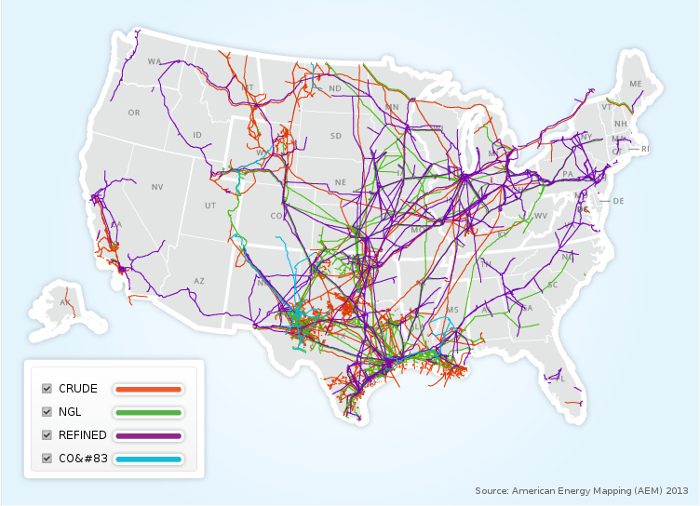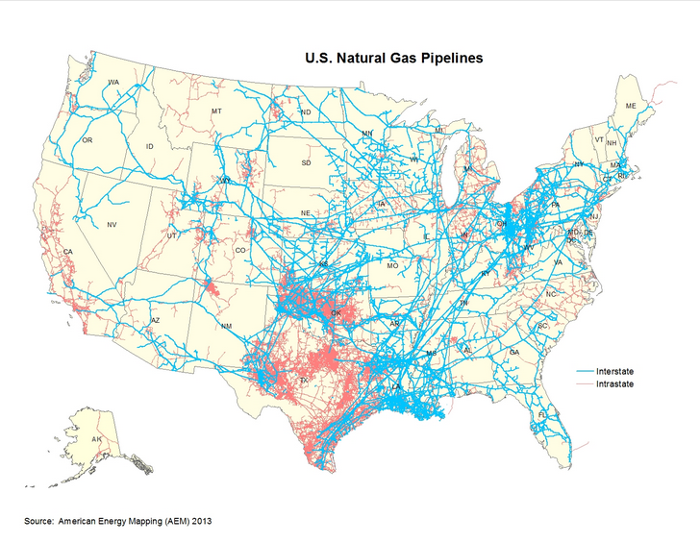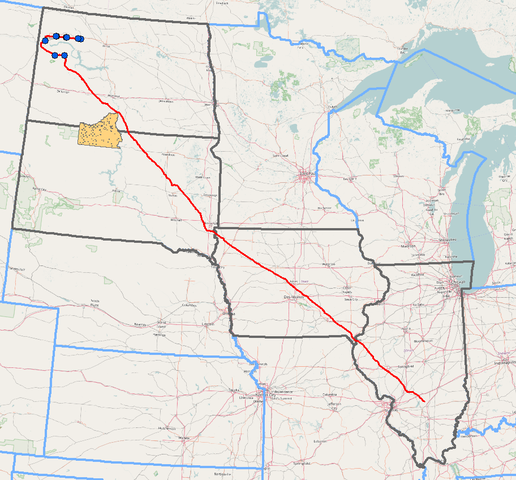Rebecca Solnit’s When the Hero is the Problem, triggered an insight for me that is likely old news to you: social resistance succeeds only when it is we (a group) and not me (the hero). Solnit writes of ecological sabotage saying:
For an embodiment of the word singlehanded you might turn to the heroine of the recent movie Woman at War. It’s about an Icelandic eco-saboteur who blows up rural power lines and hides in scenic spots from helicopters hunting her and is pretty good with a bow and arrow. But the most famous and effective eco-sabotage in the island’s history was not singlehanded.
In a farming valley on the Laxa River in northern Iceland in August 25, 1970, community members blew up a dam to protect farmland from being flooded. After the dam was dynamited, more than a hundred farmers claimed credit (or responsibility). There were no arrests, and there was no dam, and there were some very positive consequences, including protection of the immediate region and new Icelandic environmental regulations and awareness. It’s almost the only story I know of environmental sabotage having a significant impact, and it may be because it expressed the will of the many, not the few.
Solnit’s essay set me to thinking of ways for ecological sabotage to be a collective but uncoordinated expression of opposition to an oil or gas pipeline. Unbidden the endless loop warning at the Dallas Forth Worth (DFW) airport, in a deep Texas accent, “Watch out! … for unattended luggage and packages” (paraphrase from memory) came to mind. From there I remembered stories of abandoned packages, backpacks, etc., each of while provoked disproportionate and costly police responses.
Does unattended luggage attract the same attention as it would at DFW during the six stages of pipeline construction:
- Construction Staging Areas & Storage Yards
- Clear Cutting the ROW
- Excavating the Trench
- Pipe Transport, Stringing, & Assembly
- Obstacles: Roads & Streams
- Testing & Restoration?
If unattended luggage attracts a DFW level of attention on pipeline routes, defense and offense against pipeline construction takes on an entirely different complexion. Pipeline projects must secure the entire length of the pipeline from the time the pipeline route is fixed and the pipeline is complete. If anyone breeches pipeline security, any resulting unattended luggage or other packages, would require law enforcement attention before the project could proceed.
Rather than a focused area for law enforcement attention, think Standing Rock, pipeline proponents have to divide their resources between hundreds of miles of pipeline route for years. That sounds expensive, yes? On the other hand, opponents of pipelines can contribute to the rising cost of pipelines without leadership, charismatic or otherwise.
To illustrate, instead of “defending” against the protesters at Standing Rock (the entire reservation is shown in orange), imagine defending the entire route marked in red:
Advantage red team! Yes?
Do remember to post videos to the media and get word to investors about increasing pipeline costs.


